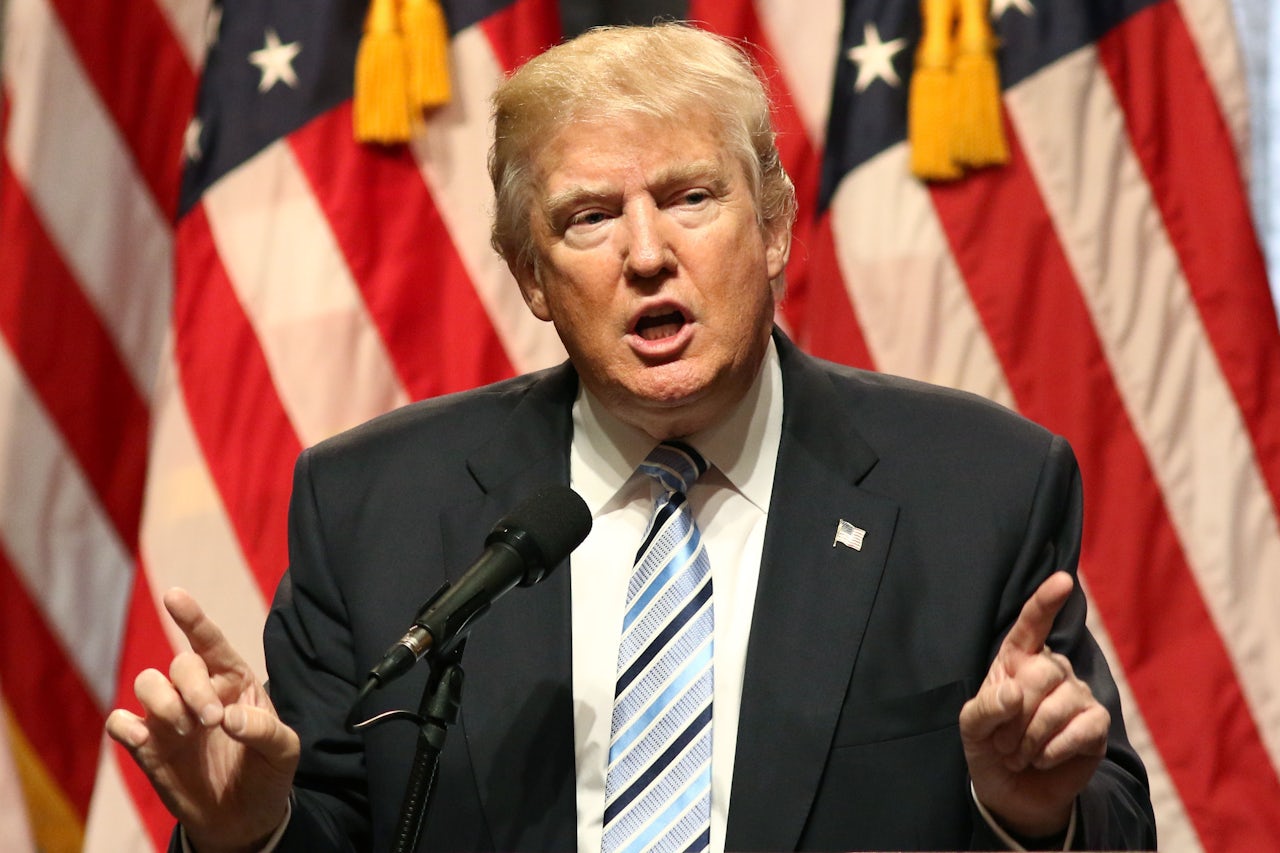On Thursday, during a White House meeting in the wake of the Stoneman Douglas High School shooting, Donald Trump ominously suggested that video games were “shaping young people’s thoughts.” The idea that games push kids toward violence is an old line for Trump, who tweeted after the Sandy Hook shooting that violent games were “creating monsters,” but it’s also an increasingly anachronistic notion — divorced not only from the consensus of researchers who study the subject but from the ethos of Trump’s own supporters.
In the public imagination, mass shooters have often been linked to gaming. After the 1999 Columbine High School massacre, it emerged that shooters Eric Harris and Dylan Klebold were aficionados of bloody titles including Doom and Duke Nukem; Anders Breivik played World of Warcraft; Newtown gunman Adam Lanza and D.C. Navy Yard shooter Aaron Alexis both played Call of Duty.
In reality, that’s likely a statistical fluke: more than half of Americans now play games, so any group is likely to include gamers. And researchers have long failed to find a clear connection between violent games and crime. Homicide rates in the United States have fallen precipitously since gaming started to take off in the 1990s, and with regards to mass shooters, a 2002 report by the Secret Service found that a low proportion of school shooters were interested in violent games. A 2013 paper by two researchers at Northeastern called the relationship between violent games and mass murder a “myth.”
More fundamentally, the idea that games cause violence falls back on a reductive conception of entertainment in which games appeal to ugly instincts and gamers are unable to differentiate between fantasy and reality. Still, games have often been an easy target. During the early 1990s, senator Joe Lieberman spearheaded a push against gory titles like Mortal Kombat. In 2005, then-senator Hillary Clinton opined that games should be dealt with “the way we treat tobacco, alcohol, and pornography.”
But for the past decade, as indie games blossomed and geek culture became chic, that narrative largely fell by the wayside. George W. Bush reportedly played games with injured soldiers late in his presidency. Polygon called Obama the “most game-friendly president in U.S. history,” citing a Supreme Court decision that declared games to be protected speech and a game jam hosted at the White House.
And though the Parkland, FL shooting again raised the specter of violence and games, the uncomfortable truth is that gaming culture is often toxic in dimensions far outside violence. In-game chats are a cesspool of homophobia and racism. Women gamers are often treated so crudely by their male counterparts that they opt not to use a headset to communicate.
“Some games have an algorithm that can pick up if they’re using a slur, and they can be banned on the spot,” said Leena van Deventer, the author of Minecraft to Misogyny, the Fight for the Future of Videogames. “But things like, ‘Get back to the kitchen and make me a sandwich,’ don’t get picked up, because sandwich isn’t a slur.” It was those dynamics that spawned Gamergate, a loosely-organized online movement that rose to prominence by hurling abuse at targets it perceived as promoting progressivism in games.
The irony, for Trump, is that Gamergate arguably metastasized into the “alt-right,” the internet-inflected conservative movement that formed the core of his support during the 2016 election. Pro-Trump trolls engaged in many of the same tactics as Gamergaters, spreading memes and threatening journalists with violence. That nuance, though, is unlikely to interest Trump. During the same meeting when he impugned video games, he also miscellaneously blamed school violence on movies and the internet. “We have to look at the internet, because a lot of bad things are happening to young kids and young minds, and their minds are being formed, and we have to do something about maybe what they’re seeing and how they’re seeing it,” he said.
